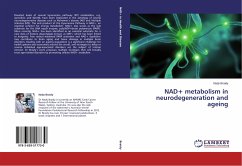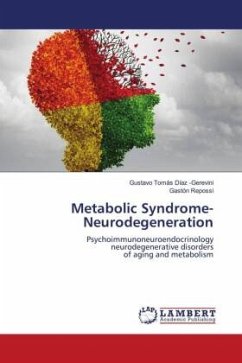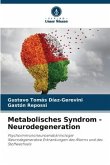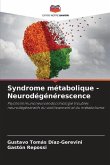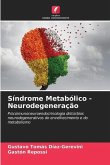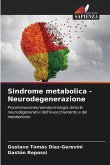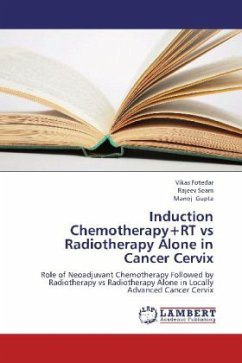Elevated levels of several kynurenine pathway (KP) metabolites, e.g. quinolinic acid (QUIN), have been implicated in the aetiology of several neurodegenerative diseases such as Alzheimer's disease (AD) and Multiple Sclerosis (MS). The end product of the Kynurenine Pathway is NAD+, an essential cofactor for energy metabolism. NAD+ also serves as the sole substrate for the DNA repair enzyme, poly(ADP-ribose) polymerase (PARP). More recently, NAD+ has been identified as an essential substrate for a new class of histone deacetylases known as SIRT1, which has been linked to longevity. Free radical mediated PARP activation and NAD+ depletion may contribute to brain aging and tissue damage in multiple brain disorders. Dealing with an ageing population is a significant challenge for health systems and economies around the world, and strategies to delay or reverse individual age-associated disorders are the subject of intense interest. Dr Braidy's work proposes multiple strategies that will broadly treat age-related disorders by promoting cellular NAD+ anabolism.
Bitte wählen Sie Ihr Anliegen aus.
Rechnungen
Retourenschein anfordern
Bestellstatus
Storno

